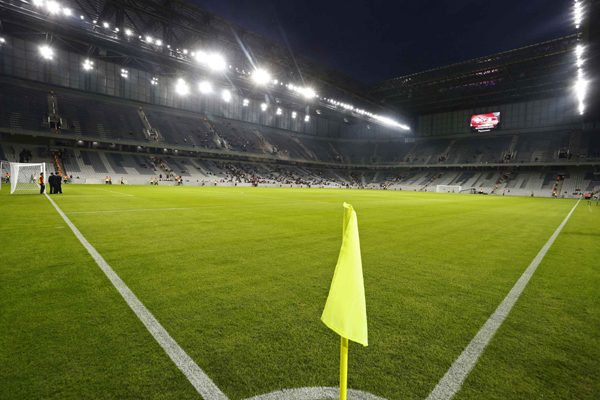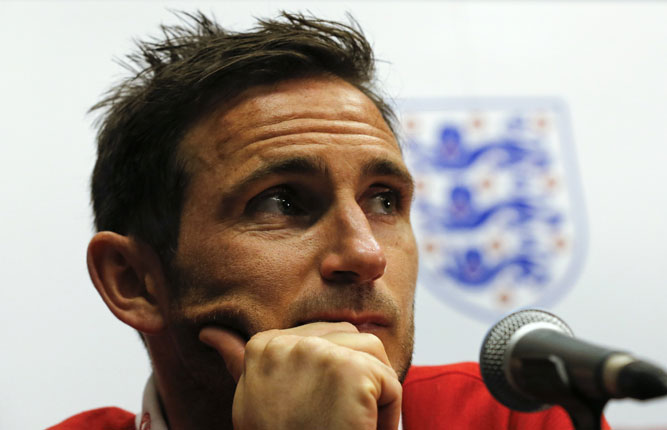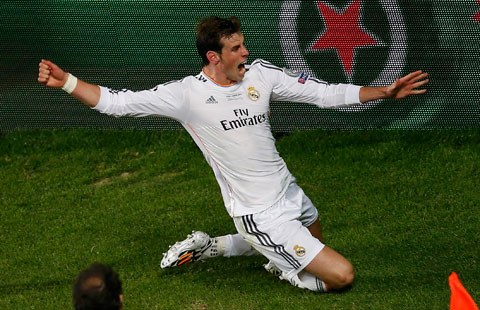FIFA defends WCup kickoff times after being sued
(Agencies) Updated: 2014-05-22 13:26
|
 A view of the Arena da Baixada soccer stadium before Atletico Paranaense and Corinthians play the first match to test the stadium under construction for the World Cup in Curitiba, May 14, 2014. [Photo/Agencies] |
SAO PAULO - FIFA said Wednesday it is not considering changing kickoff times or adding mandatory cooling breaks during World Cup matches, despite being sued by Brazil's players' union because of health concerns.
FIFA said it spent nearly two years analyzing starting times for the tournament in Brazil and always took into consideration the players' health.
The players' federation filed a lawsuit this week to change kickoff times of the 24 matches scheduled to start at 1 p.m. local time (1600 GMT), saying players would be at risk because of intense heat and humidity in some venues. It said FIFA, at least, must introduce two-minute water breaks in each half during those matches.
The players' federation is asking for a temporary injunction against FIFA but there's no timetable on a ruling.
"FIFA's medical team is always monitoring carefully all venues during any FIFA competition to protect the players' health," football's governing body said in a statement. "Cooling breaks will be considered on a match-by-match basis for the 64 matches. Official and mandatory cooling breaks will not be pre-established. Rather, climate conditions will be evaluated prior to each match by the FIFA venue medical officer."
There were similar health concerns during the 1994 World Cup in the United states, when temperatures reached the mid-30s (Celsius) in some of the games. Extreme heat is also a problem for the 2022 World Cup in Qatar, with FIFA considering moving the tournament to winter to avoid the hot weather in the Gulf nation.
FIFA said it already made the schedule changes it felt were needed in the Brazilian cities with the highest temperatures. It will be winter in Brazil during the World Cup, but it may be hot and humid in many of the 12 host cities, especially in the northeastern and northern regions.
"One core aspect in defining the kickoff times was the very thorough analysis of the historical climate data in all venues," FIFA said. "Therefore, the venues with the highest average temperatures such as Manaus, Cuiaba and Fortaleza do not have any matches with 1 pm kickoff times during group stage."
Seven matches had their kickoff times altered by FIFA last year.
The players' federation, known as Fenapaf, wants the changes based on local labor regulations and a study conducted by renowned Brazilian sports doctor Turibio Leite. The study was requested by Fenapaf and FIFPro, the international players' union.
"We have been trying to discuss this with FIFA for nearly two years and they won't even sit down to talk to us," federation president Rinaldo Martorelli told The Associated Press in a phone interview. "The only alternative was to seek legal action. We really hope that they make the changes in kickoff times, but if that doesn't happen, they need to at least make the cooling breaks mandatory."
FIFPro did meet with FIFA last year to discuss the issue, although no direct action was taken at the time.
FIFA said that defining the World Cup match schedule is a "complex process" that involves "detailed assessments" from experts in several areas, with players' health the "highest priority." It said other considerations include travel logistics and the global television market.
FIFPro last year accused FIFA of considering "the demands of TV companies of greater importance than the health and safety of the players."
FIFA officially approved referees to implement cooling breaks in 2013, though water breaks were made during the final of the 2008 Beijing Olympics, when Argentina beat Nigeria in grueling conditions at the Bird's Nest.








